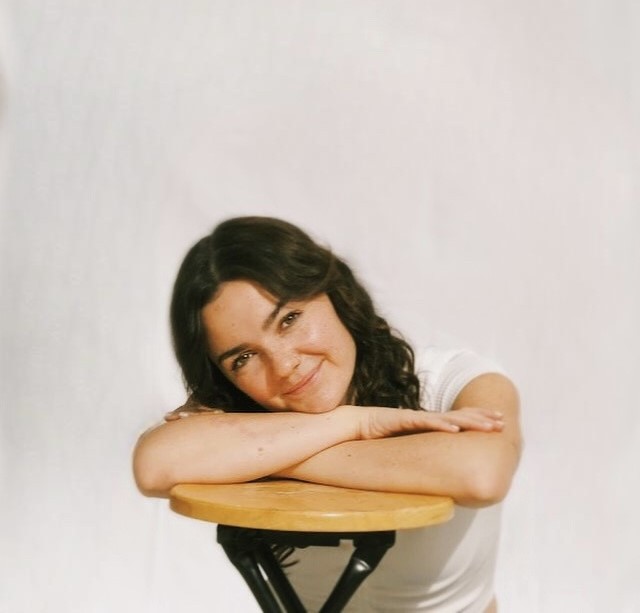Advertisement
5 Quick Health Tips from the alive Children
Little kids, big thoughts, great advice!

Vitamin D
With a constant influx of new children’s health research, it can be hard to know where to look for current information: we got you! After checking the facts, we turned our attention to those most impacted by this information: kids.
We asked our in-house, pint-sized experts—the children of the staff at alive.com—to weigh in on a few topics surrounding their own health.
Advertisement
Question
What do you think the “sunshine vitamin” is, and why do you think it is important?
Advertisement
Answer
“The sunshine vitamin is peaches! It’s important because it makes you healthy.” (Viera, age 5)
Even though peaches are healthy and tasty, the “sunshine vitamin” actually refers to vitamin D! The recommended daily intake of vitamin D for those aged 1 to 18 is 600 IU. However, approximately 1 billion people worldwide aren’t meeting their daily requirements.
Tip! Vitamin D supplements are a great way to reach your daily quota of the sunshine vitamin. Always check with a medical professional before starting your child on a new supplement.
Daily Exercise
Advertisement
Question
What is your favorite way to get your daily exercise, and why do you think kids need to exercise in the first place?
Advertisement
Answer
“Dancing and doing my dances. Kids need exercise because it is good for our bodies and helps us grow strong.” (Avery, age 10)
Advertisement
The facts
It is recommended that kids aged 6 through 17 are at least moderately active for 60 minutes each day. Yet, according to the CDC, less than 25 percent of American youth are as active as needed for optimal development and growth.
Tip! Try switching out activities already in your routine for more active ones, like biking to the store instead of driving!
Picky eating
Advertisement
Question
Do you think you are a picky eater? Why or why not?
Advertisement
Answer
“No, I’m not picky because I love food. I wish my parents knew about candy.” (Amélie, age 10)
Advertisement
The facts
It is estimated that approximately 25 to 35 percent of toddlers and preschoolers are picky eaters, according to their parents. As toddlers grow, it is not uncommon for them to want to develop a sense of autonomy and prefer feeding themselves.
Tip! To avoid creating unhealthy eating habits, refrain from bribing or coaxing your child to eat. Instead, try letting them make small choices to provide them with their desired autonomy, such as choosing between two different fruits at lunchtime.
Sleep
Advertisement
Question
How many hours of sleep do you think you need each night and why?
Advertisement
Answer
“You need 12 hours of sleep each night because there are 12 hours in the daytime and 12 hours in the nighttime, which is 24 total in one day.” (Allegra, age 7)
Advertisement
The facts
Though we like Allegra’s logic, it is actually recommended that kids aged 6 through 12 get 9 to 12 hours of sleep each night. Yet, it is estimated that 1 in 4 children do not get enough sleep, and 1 in 3 have difficulty getting to sleep or remaining asleep each night.
Tip! Have trouble getting your little one to rest? Encouraging a daily bedtime and wake-up time can help establish a routine, making it easier to get to the proper amount of zzzs!
Screentime
Advertisement
Question
What do you think will happen if a kid spends too much time looking at a screen?
Advertisement
Answer
“You’ll go blind.” (Isaac, age 9)
Advertisement
The facts
Though there are benefits to letting your child have some daily tablet time—such as accessing unique learning platforms—too much time spent in front of screens has been linked to irregular sleep, attention issues, and simply less time for active play (though you likely won’t go blind).
Tip! If your goal is to help your kids limit their screentime, consider keeping the TV off during mealtimes, and any tablets out of their bedrooms. Leaving the TV on in the background is also discouraged.





